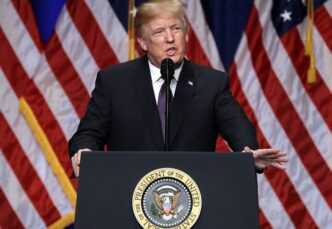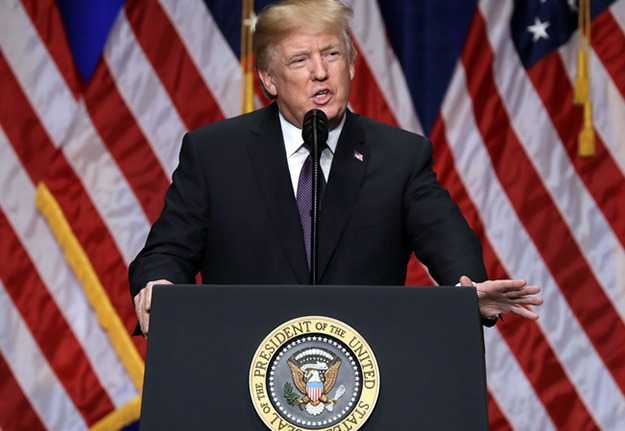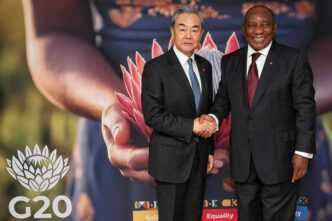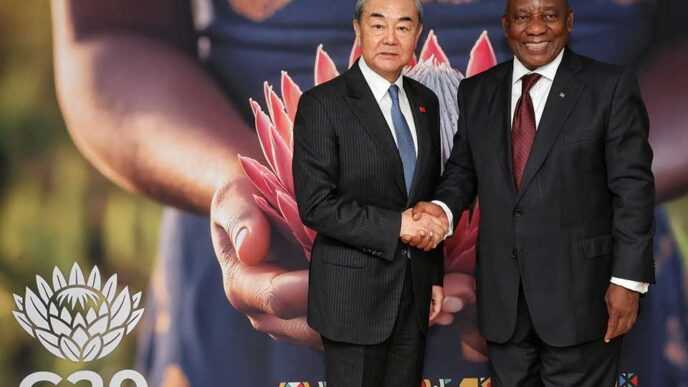In a move that has sent ripples through global markets, the US President announced the implementation of widespread tariffs, impacting 51 African nations. The announcement, delivered on what he termed “liberation day,” outlined a baseline US tariff of 10% on all imports, with significantly higher duties imposed on some of the US’s major trading partners. This decision has sparked concerns about a potential new era of economic harm for the affected countries.
The President defended the US tariffs as a necessary measure to protect the US from what he described as economic exploitation by other countries. He asserted that these measures would stimulate unprecedented economic growth within the US, claiming that ordinary American workers have suffered due to the policies of foreign nations. However, the decision has been met with considerable concern, with experts predicting potential negative consequences for the US economy and the global market. The newly imposed US tariffs are expected to slow economic growth, negatively affect corporate earnings, and contribute to global inflation. The inclusion of numerous African nations, some of the world’s poorest and most vulnerable, has raised particular alarm regarding the potential for economic harm.
Many are questioning if these US tariffs on Africa signal a new era of economic harm. The President’s actions mark a significant reversal of decades of trade liberalization and have been met with apprehension by many, who fear the potential for widespread economic disruption. The long-term effects of these US tariffs on the global economy and the affected African nations remain to be seen, but the fear of economic harm is palpable. This policy is forcing many to ask, are US tariffs on Africa the start of a new era of economic harm?
You Might Also Like; Cape Town Braces for Scorching Heatwave: City on Alert














